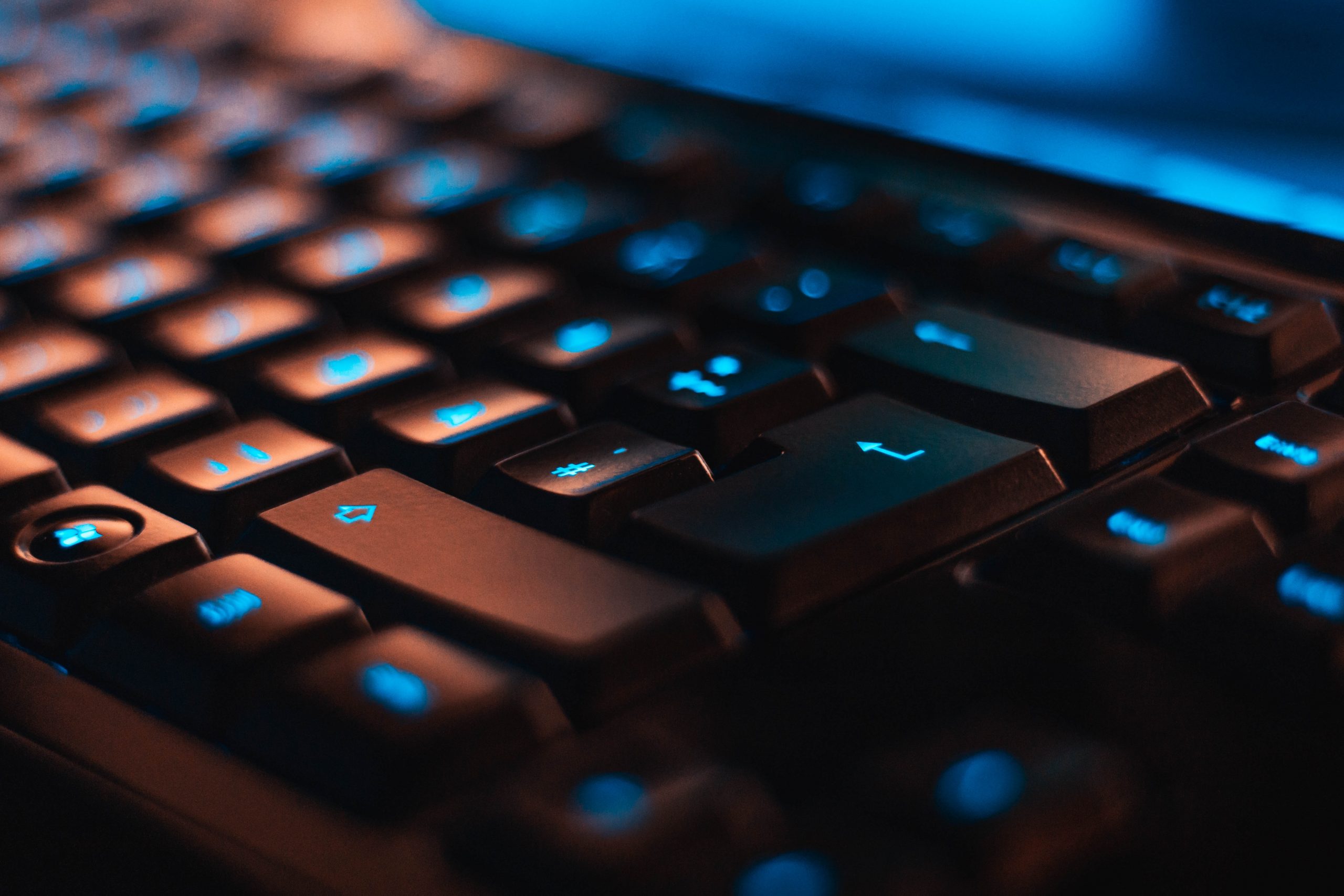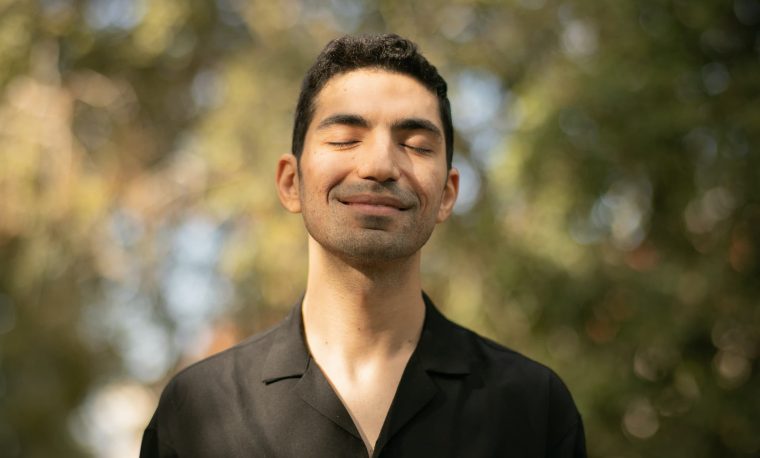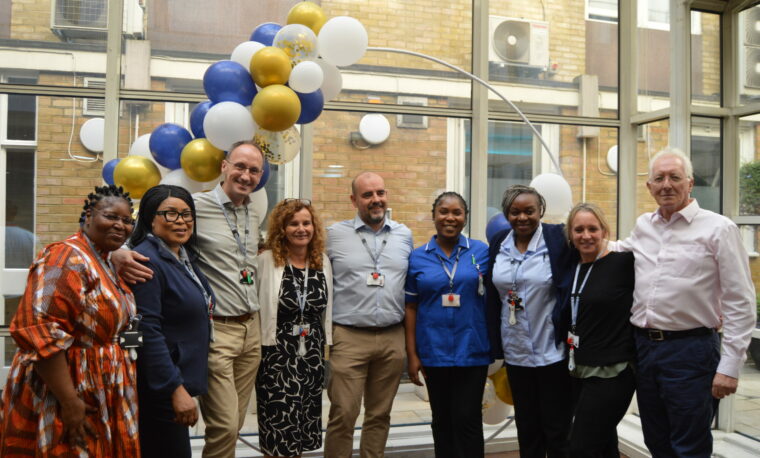What is technology addiction?
Technology addiction is a type of behavioural addiction, characterised by an over-reliance on or excessive use of technological devices.
Unhealthy relationships with technology such as mobile phones, computers, games and social media can have destructive consequences; physically and psychologically. Lives can be impaired by the extensive and unregulated time ‘online’.
If you feel your reliance on technology is causing problems in your life, you should seek help. Recovery from a technology addiction is possible, and early intervention will normally produce more positive outcomes.
Signs and symptoms of technology addiction
- Spending increasing amounts of time on the device, whether it be a mobile phone, the internet or anything else
- Failing to limit time spent using the device
- Neglecting to spend time with family and friends
- Neglecting hygiene or personal appearance
- Work or school attendance and/or performance is slipping
- Anger when someone criticises the amount of time you spend online
- Withdrawing from other hobbies or things you once enjoyed
- Usage interferes with other responsibilities
- Feeling restless and anxious when not using
- Forgoing necessary sleep to use
What are the effects of technology addiction
Like all addictions, technology addiction can have a variety of psychological and physical consequences.
Psychological effects of technology addiction:
- Low-self confidence
- Anxiety
- Depression
- Social isolation
- Interpersonal issues and relationship breakdowns
- Agitation
- Irritability and rage
- Guilt
- Shame
Physical consequences effects of technology addiction:
- Insomnia
- Weight gain or loss
- Headaches
- Backaches
- Blurred vision
Treatment for technology addiction
Some people do recover from addiction with no professional treatment, and there is not only one path. However, the evidence is clear – professional treatment works and makes it more likely that people begin recovery and continue in recovery.
An effective first step can be a consultation with an addictions therapist, or a consultant psychiatrist specialising in addiction. Depending on the severity of the addiction, patients can either be supported in an outpatient setting or participate in an intensive inpatient programme.
Our approach to treating gambling addiction at Nightingale Hospital combines individualised treatment programmes that are based on current clinical evidence.
You may attend as an outpatient, day patient or inpatient.
The three core elements involved in technology addiction treatment are:
- Interpersonal therapy: Interpersonal therapy giving emphasis on interpersonal sensitivity and how this relates to discomfort in face-to-face time with others.
- Tech hygiene: The meaning of your relationship to technology is explored, regardless of the device or platform. This is supported by other therapies including CBT, relaxation and sleep therapy which work on managing the energy or level of arousal that follows prolonged gaming and focuses on how to ‘switch off and disconnect’.
- Life skills and health: Prolonged periods of technology addiction compromise confidence in facing the demands of life in the external world but also physically where individuals may suffer poor nutrition and a lack of physical activity.
Family support groups
Those nearest to the sufferer often blame themselves, going through a range of emotions from despair, depression and guilt to anger and frustration, leaving them exhausted and having difficulty coping, as well as feeling powerless in how to deal with the situation.
Research has shown that the involvement of families in the treatment process greatly increases the prospects of a person’s recovery.
Addiction monthly free family day for inpatients
Our addictions family day takes place once a month and is led by an addictions and family specialist therapist. It consists of two groups.
One group is for family and partners only. It will offer them education in not only how to deal with the addicted person, but also how to safeguard themselves in this difficult situation. This can allow you to help your loved one in a healthy way while still being able to lead your own life.
The other group is to bring together the families and partners and the addicted person. It gives the addicted person the opportunity to learn how their addiction has affected family members and partners. It gives a forum for them both to express their thoughts and feelings.
Addiction weekly family free support group for inpatients
Family support groups are aimed at families, partners and friends of people suffering from an addiction problem. When these problems arise, it can have a devastating effect on those who are close to the person. Our family support groups can be a huge source of emotional support.
Free telephone consultation
We offer a free telephone consultation to determine if technology addiction treatment and rehabilitation would be right for you or a loved one. Complete the form below and a member of our expert addictions team will be in touch to arrange an appointment.
Technology addiction specialists at Nightingale Hospital
Nightingale Hospital London has a number of consultant psychiatrists and specialist therapists that can help you with technology addiction.
It is vital you find a specialist that you can trust and work with on your recovery.
Our addiction treatment team is led by:
- Dr Andrew Parker – Lead Consultant for Addiction Services, Consultant Psychiatrist at Nightingale Hospital
- Patrick Maxwell – Lead Therapist for Addictions, Nightingale Hospital










